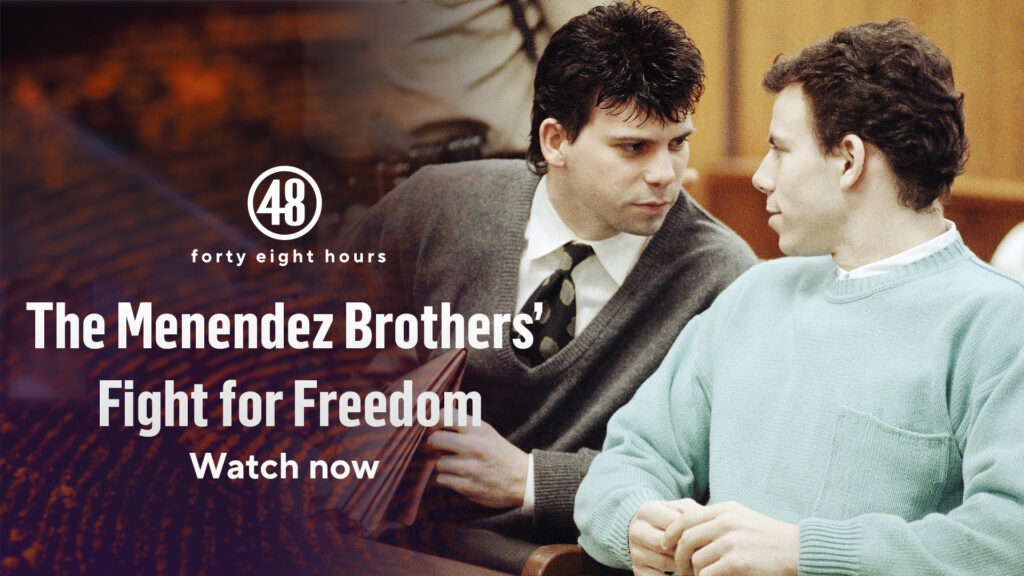
Introduction: The Significance of the Menendez Brothers
The Menendez brothers, Eric and Lyle, are among the most infamous figures in American criminal history. Their case, which captured national media attention, involves the brutal murder of their wealthy parents in 1989. The brothers have been at the centre of a complex legal saga that continues to resonate in discussions about family dynamics, mental health, and the criminal justice system.
The Case Unfolds
On the night of August 20, 1989, José and Mary Menendez were shot to death in their Beverly Hills home. The discovery of their bodies ignited a nationwide frenzy, which only escalated when the brothers confessed to the murders a few weeks later. The initial trial, which began in 1993, captivated viewers with its soap-opera-esque twists and courtroom drama. The prosecution argued that the murders were premeditated acts stemming from a desire to inherit their parents’ wealth.
Conversely, the defense presented a harrowing account of physical and emotional abuse endured by the brothers at the hands of their parents. The first trial ended in a deadlock, leading to a retrial. In 1996, both Eric and Lyle were found guilty of first-degree murder and sentenced to life in prison without the possibility of parole. This verdict sparked widespread debate on the nature of child abuse and its effects on mental health.
Recent Developments
In recent months, the Menendez brothers’ case has gained renewed attention as new evidence has resurfaced. In a documentary series released earlier this year, the brothers shared previously unheard testimonies and details about their traumatic childhood, sparking conversations around the validity of their defense claims. Furthermore, social media platforms have opened up avenues for discussions about their case and global perceptions of crime and punishment.
Conclusion: The Legacy of the Menendez Brothers Case
The Menendez brothers’ case remains a powerful narrative about the impact of trauma and the complexities of familial relationships. With ongoing discussions and new revelations emerging, it is evident that the case still holds significant relevance in contemporary discourse surrounding child abuse and justice. As new generations engage with this narrative, it becomes increasingly important to reflect on the implications it has for societal perceptions of crime, punishment, and the psychological effects of abuse. The public sentiment surrounding the Menendez brothers may continue to evolve, as their story remains a stark reminder of the darker aspects of human relationships.



